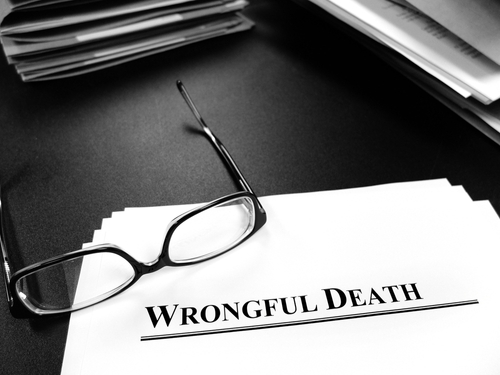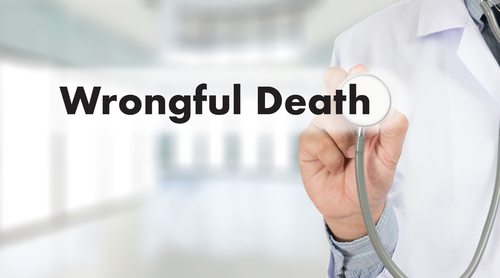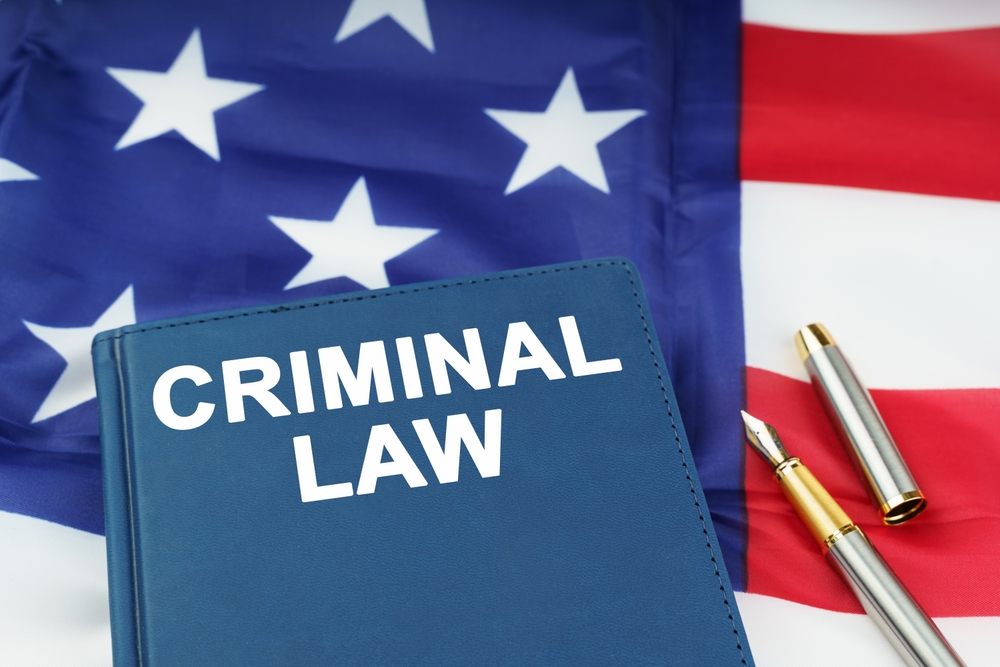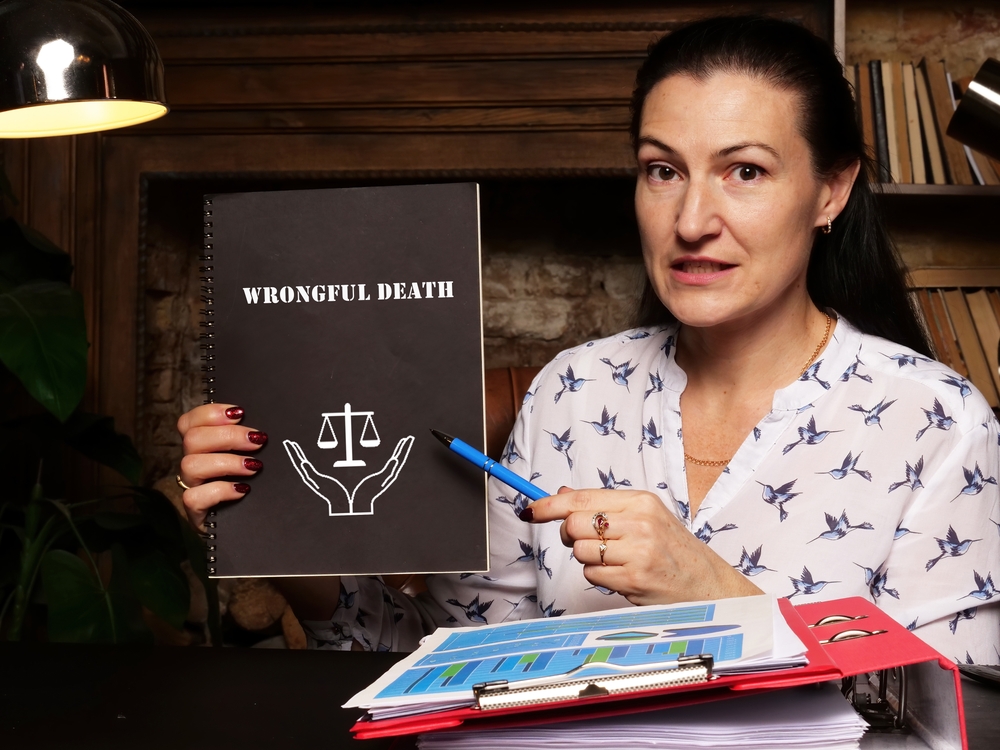Wrongful death in Illinois, as in many jurisdictions, is a legal concept that arises when the negligent, reckless, or intentional actions of another cause a person’s death. Under Illinois law, a wrongful death is one where the deceased could have pursued a personal injury lawsuit had they survived.
This definition of wrongful death encompasses a range of scenarios, from medical malpractice to fatal car accidents and even intentional acts like homicide. The cornerstone of a wrongful death claim in Illinois is that the death has not only caused emotional grief, but has also led to measurable damages, such as loss of income, loss of support and funeral expenses. There is also another claim in these cases for loss of companionship.
The legal criteria for a wrongful death claim in Illinois are specific and must be rigorously adhered to for a successful lawsuit:
- There must be a demonstrable death of a person. This fact sets the stage for the claim.
- The death must have been caused either by a wrongful act, negligence, or default of another person or entity. This means that there needs to be a direct causal link between the actions (or inactions) of the defendant or defendants and the death of the individual.
- If the deceased had survived, they must have been entitled to bring an action to recover damages.
- There must be surviving beneficiaries or dependents who have suffered a pecuniary loss due to the death.
These criteria establish the framework for evaluating wrongful death claims in Illinois courts.
The significance of wrongful death cases in the Illinois legal system cannot be understated. These cases serve multiple purposes:
- they provide a mechanism for the deceased’s family to seek justice and compensation, they hold individuals or entities accountable for their actions, and they act as a deterrent against negligent or harmful behaviors.
In a broader sense, wrongful death claims reflect the value that the legal system places on human life and the importance of societal responsibility. Each case not only seeks to redress the losses suffered by the deceased’s loved ones but also reinforces legal and ethical standards for behavior and care in various aspects of life, from healthcare and driving to manufacturing and property management.
Legal Standards and Requirements for Proving Wrongful Death in Illinois
In Illinois, the legal framework for proving wrongful death is anchored in several critical standards that align with broader principles of tort law. These standards include duty of care, breach of duty, causation, and damages, each playing a pivotal role in adjudicating these claims. Understanding these standards is essential for anyone navigating a wrongful death lawsuit in Illinois.
Duty of Care and Breach of Duty
The concept of ‘duty of care’ is fundamental in wrongful death cases. It refers to the legal obligation of individuals or entities to act with a reasonable level of care towards others. In Illinois, proving a wrongful death claim necessitates establishing that the defendant owed a duty of care to the deceased.
For instance, doctors have a duty of care to their patients, drivers have a duty to operate their vehicles safely, and manufacturers have a duty to produce safe products. Once this duty is established, the plaintiff must demonstrate a breach of this duty. A breach occurs when the defendant fails to meet the standard of care expected in the given circumstances, whether through negligence, recklessness, or intentional actions.
Causation
Establishing causation is another critical component. It involves proving that the breach of duty directly caused the deceased’s death. This element often requires showing a clear and unbroken chain of events from the defendant’s actions to the fatal outcome. Causation can often be the most challenging aspect to prove, especially in cases involving medical malpractice or product liability, where multiple factors could contribute to the death.
Damages
In wrongful death cases, damages refer to the losses suffered due to the death. These can include economic losses like funeral expenses, loss of the deceased’s future income, and loss of benefits. Non-economic damages encompass pain and suffering, loss of companionship, and loss of consortium. In Illinois, the measure of damages is based on the pecuniary/monetary injuries resulting from the death, including the money, benefits, goods, and services the deceased might have provided.
Regarding the burden of proof, in Illinois, as in most states, the plaintiff is responsible for proving their case by a preponderance of the evidence. This standard is less stringent than ‘beyond a reasonable doubt’ used in criminal cases and essentially means that it is more likely than not that the defendant’s action or inaction caused the death.
Illinois shares many similarities with other states in its approach to wrongful death cases, but there are nuances. For instance, some states may cap certain types of damages in wrongful death lawsuits, which Illinois does not cap damages. Additionally, the statute of limitations for filing a wrongful death claim in Illinois might differ from other states. Such variations underscore the importance of understanding state-specific legal landscapes when dealing with wrongful death cases.
Challenges in Wrongful Death Litigation in Illinois
Wrongful death litigation in Illinois, while providing a path for justice and compensation, is has challenges that can make proving such claims an arduous process. These challenges arise from the complexities of the legal system, the nuances of individual cases, and the stringent requirements for proving fault and damages. Understanding these challenges is crucial for anyone involved in wrongful death litigation in Illinois.
Proving Negligence
One of the primary hurdles in wrongful death claims is the need to establish negligence. This involves demonstrating that the defendant failed to exercise reasonable care, leading to the death. However, proving negligence can be complex and intricate. For example, medical malpractice cases require showing that a healthcare provider’s actions deviate from the standard of care typically expected in the medical community. This often necessitates expert testimony, which can be complex and costly. In cases involving accidents, such as car crashes, an in-depth investigation into the circumstances surrounding the incident is required, often relying on accident reconstruction experts and forensic evidence.
Dealing with Corporate Defendants
When the defendant in a wrongful death case is a corporation, such as a manufacturing company or a medical facility, the legal battle becomes even more challenging. Corporations often have substantial resources, including legal teams and financial assets, to defend against wrongful death claims. They might use these resources to prolong litigation, complicate the discovery process, or mount a robust defense strategy that challenges every aspect of the plaintiff’s case. This disparity in resources can make it difficult and prohibitive for individuals or families, often grieving and under financial strain, to sustain a prolonged legal battle.
Issues with Collecting Evidence
Gathering sufficient and important evidence is another significant challenge in wrongful death cases. Evidence can include medical records, eyewitness testimony, surveillance footage, accident reports, and more. However, accessing this evidence can be difficult, especially when dealing with privacy laws, uncooperative witnesses, or lost or destroyed records. Additionally, the evidence must not only be collected, but also presented in a manner that effectively supports the claim, which requires legal expertise and strategic planning.
The Illinois legal system has mechanisms in place to address these challenges, but navigating them requires knowledge and persistence. Courts in Illinois adhere to established procedures that ensure fairness in the litigation process, such as discovery rules that allow both parties to obtain evidence from each other. Additionally, Illinois law permits the use of expert testimony to clarify complex issues like medical negligence or product liability, which is essential in presenting a compelling case.
Despite these legal provisions, the challenges in wrongful death litigation in Illinois highlight the importance of skilled legal representation. Attorneys specializing in wrongful death cases can provide invaluable assistance in overcoming these hurdles. They can marshal the necessary resources, navigate the complexities of the legal system, and present a compelling case to ensure that the victim’s family receives the justice and compensation they deserve.
Role of Legal Representation in Wrongful Death Cases in Illinois
The role of legal representation in wrongful death cases in Illinois is pivotal and often a determining factor in the outcome of these complex legal battles. An experienced attorney brings not only a deep understanding of the law, but also the ability to navigate the intricacies of the legal process, making their involvement crucial for those seeking justice in a wrongful death claim.
Importance of Legal Representation
In Illinois, the complexities of wrongful death litigation demand specialized legal knowledge. Our attorneys at Claim Your Justice are skilled in this area can accurately interpret the nuances of state laws and apply them effectively to the specific circumstances of a case. Our attorneys also play a critical role in handling the procedural aspects of the lawsuit, ensuring compliance with filing deadlines, court requirements, and legal protocols.
Moreover, the attorneys at Claim Your Justice will assess the value of the claim, including quantifying non-economic damages like loss of companionship, which can be particularly challenging for laypersons. Legal representation becomes even more essential when facing well-resourced defendants, such as corporations, where there is a significant imbalance in legal firepower.
Navigating the Legal Complexities
Attorneys adept in wrongful death cases are experienced in tackling the various challenges these cases present. They have strategies for effectively proving negligence and causation, two of the most complex aspects of these cases. For instance, they know how to gather and preserve crucial evidence, whether it involves subpoenaing records, interviewing witnesses, or working with forensic experts.
Claim Your Justice understands how to present this evidence compellingly in court, crafting arguments that resonate with judges and juries. Furthermore, experienced lawyers are adept at negotiating with insurance companies and defendants for fair settlements, and they’re prepared to take a case to trial if necessary.
Impactful Case Studies
There are numerous instances in Illinois where legal expertise has significantly impacted the outcomes of wrongful death cases. One such example involves a medical malpractice wrongful death lawsuit. In this case, the plaintiff’s attorney was able to successfully argue that a surgeon’s negligence during a routine procedure directly led to the patient’s death.
The lawyer presented expert medical testimony that clarified complex medical procedures and standards of care, which were crucial in proving the surgeon’s breach of duty. The result was a substantial settlement for the deceased’s family, which might not have been possible without the attorney’s specialized knowledge and experience.
In another instance, a wrongful death claim was filed against a large corporation following a fatal workplace accident. The company had a strong legal team and initially offered a minimal settlement. However, the family’s attorney conducted a thorough investigation, uncovering evidence of the company’s failure to adhere to safety regulations.
By leveraging this evidence and demonstrating the company’s negligence, the attorney was able to secure a significantly larger settlement for the family, highlighting the value of having robust legal representation.
These examples underscore the transformative role that legal representation can play in wrongful death cases in Illinois. Claim Your Justice attorneys not only provide the legal acumen necessary to navigate these complex cases but also offer emotional support and guidance to families during difficult times. Their expertise and dedication can make a significant difference in achieving a fair and just outcome, affirming the critical importance of legal representation in wrongful death cases in Illinois.
While the journey through a wrongful death lawsuit in Illinois can be fraught with challenges, the right legal support and guidance can lead to a successful resolution, bringing a sense of justice and closure to the bereaved family.
Speak To Our Schaumburg Wrongful Death Lawyer Now
Filing a wrongful death claim can feel difficult after losing a loved one, but it is important to seek compensation if the deceased’s death resulted from someone else’s negligence or intentionally wrongful act. It’s time to Claim Your Justice™ and a wrongful death lawyer at our Schaumburg law firm can speak with you today about your options.
You should never allow the negligent party to escape their liability. For more information, contact our wrongful death lawyer in Schaumburg at (847) 434-3555. Our attorneys have years of wrongful death claims experience and we will fight for you.





